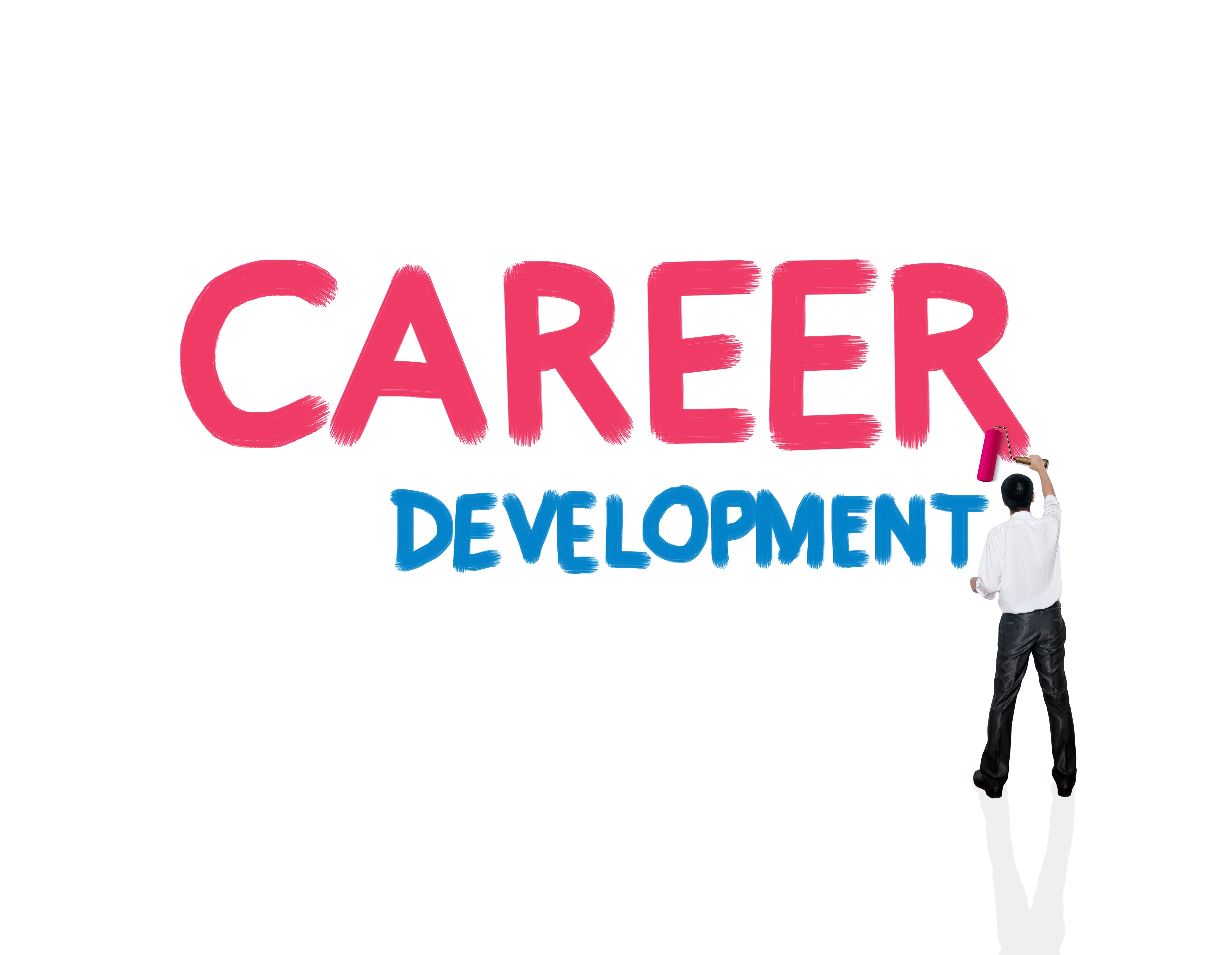In today’s job market, career growth is no longer defined only by local opportunities. Many professionals across the Middle East and North Africa aspire to work with international organizations, global consultancies, development agencies, embassies, or NGOs operating in the region. These roles offer exposure to multicultural teams, cross-border projects, and work that often has broader social or economic impact.
Yet many talented professionals struggle to break into these environments. The challenge is rarely a lack of ability. Most often, it is a lack of clarity on how to present experience, how to understand hiring expectations, and how to navigate the recruitment culture of international employers.
This article outlines practical strategies to help professionals in the region position themselves for global-facing roles, while also highlighting how new learning-focused platforms and partnerships in the region are evolving to support this shift.
Understanding the International Hiring Mindset
International organizations tend to look for more than technical qualifications. They prioritize adaptability, communication across cultures, analytical thinking, and the ability to work within structured frameworks. A candidate’s previous experience may be strong, but if it is not framed in a way that aligns with this mindset, it may not stand out.
Rather than listing tasks in a CV, it is helpful to describe outcomes. How did your work improve a project, solve a challenge, or support a goal? Hiring panels look for measurable impact and reflective thinking.
The Importance of Positioning Your Experience
Career positioning is not about changing your experience. It is about presenting it in a way that aligns with the roles you want to pursue. This often involves three steps:
- Clarifying the direction. Professionals who identify a target sector or role type tend to progress more effectively. A focused approach leads to clearer results.
- Tailoring application materials. CVs for international organizations benefit from clarity, structure, and impact-focused language. Adjusting how responsibilities are described can significantly improve alignment.
- Developing a narrative. Interviews often explore motivation, adaptability, and values. Preparing this narrative thoughtfully is essential.
Building Skills That Open Doors
Demand for specific skills has shifted across development, consulting, diplomacy, and globally connected sectors. The following skill areas are increasingly valuable:
- Project management and coordination
- Proposal writing and reporting
- Data analysis and research literacy
- Digital communication and workflow tools
- Cross-cultural stakeholder engagement
- AI literacy for productivity and content organization
These skills can be developed gradually through short courses, mentorship, or structured online learning. Growth can be incremental and still meaningful.
The Role of Upskilling Partnerships
Across the region, there is a growing movement to connect job access with structured learning. Career platforms, training institutions, professional networks, and development organizations are forming partnerships to make upskilling more aligned with market needs.
When job opportunities and learning resources are linked, professionals can better match the expectations of international employers. This creates a more sustainable model for career development across the region.
Staying Adaptable in a Changing Market
Career paths today are often non-linear. Professionals may shift between sectors, countries, or roles. This adaptability can be a strength when viewed as part of a broader learning journey. Reflecting on experiences, documenting achievements, and continuing to develop new skills helps maintain momentum over time.
Those who treat their careers as ongoing growth processes, rather than fixed paths, are more prepared for emerging opportunities.
The MENA region continues to evolve through international cooperation, cross-border projects, and the expansion of globally connected organizations. As this landscape grows, professionals who understand how to present their experience, communicate their strengths, and build the skills most valued today will be better positioned to access meaningful and impactful work.
Career development is not only about reaching the next role. It is about cultivating the clarity, adaptability, and strategic mindset that support advancement over time.

